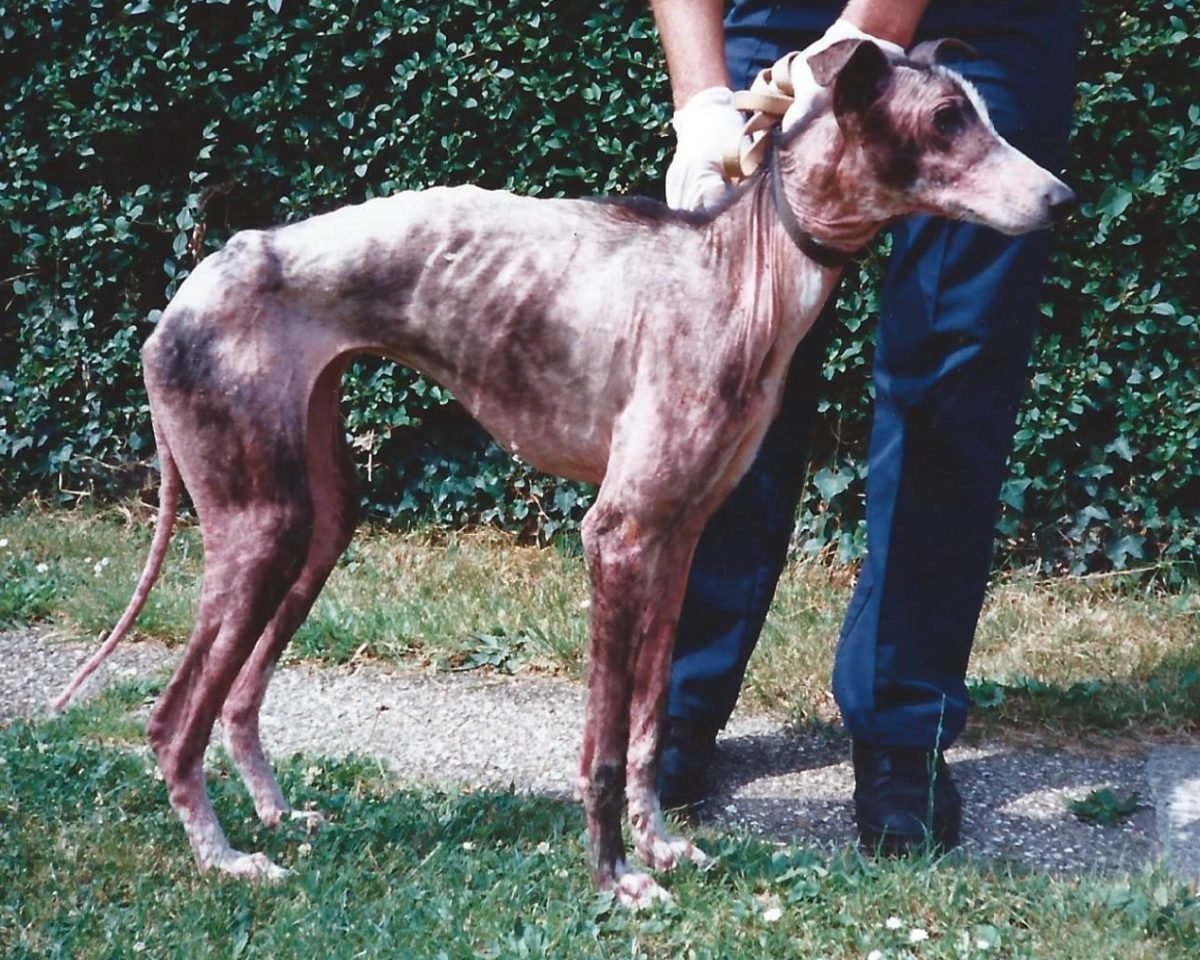What is wrong with our nation of animal lovers when we refuse to properly enforce and protect our animals?
In 2017 certain sections of the UK media reported, in their usual hysterical and overstated prose, that the RSPCA were in talks with the police and government seeking statutory powers under the Animal Welfare Act 2006 to enforce the legislation without a police presence.This was deemed an outrageous idea by many of those who do not want animal welfare orientated people interfering in pursuits which involve suffering to animals.
Under English Law any person or organisation such as the RSPCA can bring a private prosecution against any law-breaker.
UK MP’s, Police chiefs and the Government at one point were all for trying to remove these mystical powers which didn’t exist in the first place as it is a long-established entitlement under English Law that any person or organisation can bring a private prosecution against any law-breaker under section 6(1) of the Prosecution of Offences Act (POA) 1985, so to stop the RSPCA would mean stripping every one of this right.
The national police Chiefs’ Council wanted them to “step back,” and for a government agency to take over prosecutions. Luckily the government ignored all the outcry as they finally realised that anyone can pursue a private prosecution not just the RSPCA and the alternative would cost tax-payers too much.
Those perpetuating suffering keen to join the bandwagon
Many institutions and organisations involved in some way in perpetuating suffering are more than happy to join the bandwagon in stopping the RSPCA as they know it frees them to do what they want without fear of investigation.
Simon Hart, UK Member of Parliament and a former head of the Countryside Alliance, an organisation dedicated to blood sports, was quick to jump in and stir up the controversy and commented: ‘The RSPCA is a welfare charity not a private police force and the development is “appalling”’.
Tim Bonner the chief executive of the same organisation added “The charity’s past record in this area would make it the last organisation on earth that you would want to grant powers of this nature to.”
The RSPCA is continually and unfairly vilified for the work they do because of a complete misunderstanding of their role, which makes me extremely angry and disappointed. Having been involved in law enforcement I know how difficult it is to help these poor animals with one hand tied behind your back, constantly trying to be politically correct and facing unfair criticism.
UK lags far behind in their powers to enforce animal welfare laws.
Although in the UK there is consternation at the thought of the RSPCA being given legal powers, most other comparable countries have no such hang-ups and in this respect we lag far behind. Humane Society and SPCA officers in countries like the USA, Australia and New Zealand mostly have police powers and no one worries about them wearing police style uniforms.
New Zealand are way ahead of the game and the UK could learn a lot from them. The New Zealand SPCA is the only ‘approved organisation’ under their Animal Welfare Act 1999, so its 75 warranted Inspectors have exclusive powers to investigate and prosecute and have law enforcement training like the police and can issue fines and charge people.
They also run politically motivated campaigns for promoting law changes – all the things that anti-RSPCA lobbyists are keen to curtail in the UK. The main plus for ill-treated animals is that they have protectors exclusively with their interests at heart, fighting their corner, and pushing and deciding on prosecuting, uninfluenced by other interests.
Confusingly in Australia there is no national or Federal animal welfare act, but all eight states have laws which are enforced by varying state departments. Except for the Northern Territory, where the State authorities investigate and prosecute animal cruelty offenders, the SPCA inspectors have commendable powers to enter property and seize animals and evidence without police involvement, issue on the spot fines and warning notices and prosecute. In Western Australia the RSPCA, Department of parks and wildlife staff, police officers and local government officers all have powers as ‘general inspectors’ to enforce state animal law.
SPCA Inspectors are armed in many other countries.
In the USA, most Humane Society and SPCA officers have similar powers to the police and most of them are armed for protection. Government animal control agencies and sheriff officers also have powers and vets are encouraged to report cases of cruelty.
When I was a Humane Society inspector in the Bahamas, I was also a Royal Bahamian police officer which was extremely useful particularly when I needed ‘back up’, which was often!
The Federal Animal Welfare Act and other Federal Acts have little general anti-cruelty provision, but each State has its own cruelty and protection laws, often with higher penalties than the federal law and more stringent regulations. Since 2007 three-quarters of the States have much improved protection laws and there is apparently increasing support to regard cruelty as a felony and not a misdemeanor.
So what is all the panic about? Many misguided critics still want the RSPCA’s so-called ‘power of prosecution’ taken away from them, but if you are a true animal lover it’s about time that we got behind the RSPCA and for us to get in step with other countries around the world who see no problem in doing it right. Honestly, without the RSPCA no one would be interested in protecting our animals from cruelty – certainly not other animal charities who are too busy re-cycling unwanted pets.
